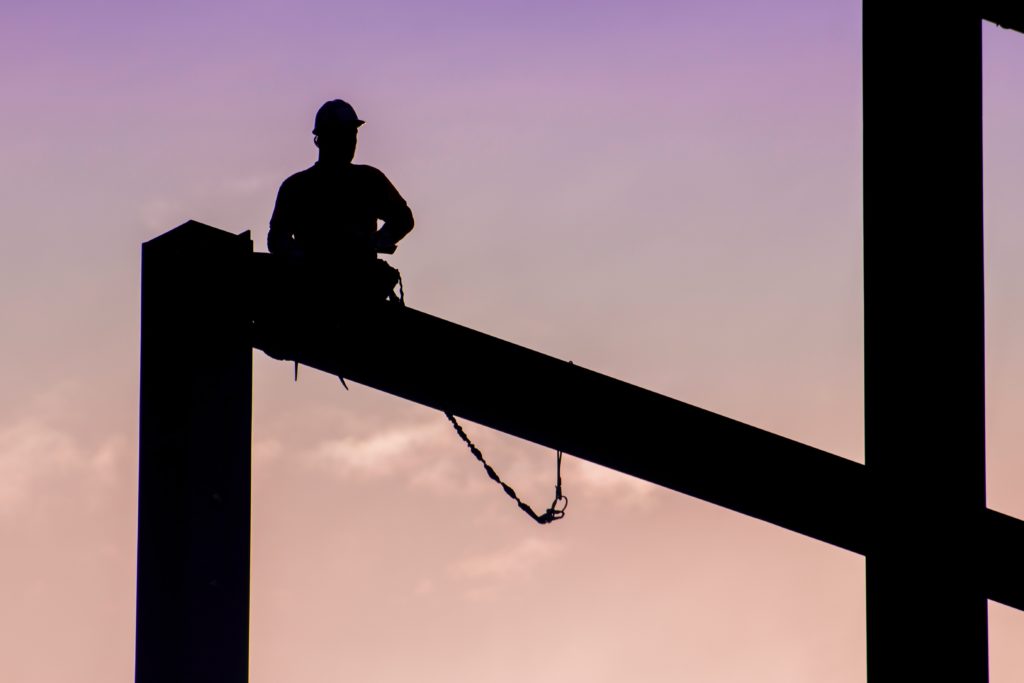
Published August 23, 2021
In D.C. circles, you often hear pundits and organizers talk about the difference between an actual “grassroots” movement and its evil cousin, “astroturf”—a manufactured facsimile meant to advance a top-down agenda. Halfway between artifice and authenticity you might come across the “bonsai trees,” prized specimens painstakingly manicured to give just the right effect. At a hearing or lunchtime panel, you might hear from a low-income mom who benefited from a tax credit program being pushed by an advocacy organization, or a farmer whose daily concerns are shoehorned into a discussion about agriculture subsidies.
To be sure, these are real people whose stories genuinely intersect with various facets of public policy. But when working-class Americans receive a platform in policy circles, they too often tend to be props flown in for a hearing, carefully positioned next to the podium at a rally or quoted in sound bites served up by an interest group with an agenda of its own. Their perspectives are sanitized and pre-packaged, not taken for what they are—messy and at times contradictory, but more than just a stand-in for a pre-existing agenda.
As the editor of the Edgerton Essays project published by American Compass in partnership with the Ethics and Public Policy Center, I naively thought our task would be a fairly simple one. We sought out working-class Americans, typically without a four-year college degree, who felt distant from the political discourse and invited them to tell politicians about the challenges facing their communities.
The first step proved the hardest. The loss of social capital and dissolution of civic institutions have plagued working-class America, and left distressingly few opportunities for reliable outreach. The same social facts that leave working-class communities vulnerable—unpredictable work schedules, declining church attendance, less community involvement—also meant a paucity of union leaders, pastors, fraternal organizations or local newspapers to pass the word along.
Even when we found writers, more than a few felt they couldn’t follow through. In our polarized age, people were uncomfortable sharing their honest opinions about work and welfare, family and community, for fear of losing friends or alienating employers. The essayists who published with us did so without a pseudonym or anonymity, and while it shouldn’t have to take an act of bravery to share thoughts publicly, for many it was, and we’re grateful.
These essays captured the unfiltered thoughts of working-class Americans in all their complicated diversity. Some, like Hannah Ketcham, a Pennsylvania mom of two toddlers, wanted the government to provide more assistance for programs such as child care. Others, like Robin Taylor—a nurse in Kentucky with five grown sons—wanted government to get out of the way so families could thrive.
We heard from government workers, grandmothers, truckers, veterans and farmers. We heard calls for less regulation and more mandates, for a more generous safety-net and less social spending that threatens entitlements. We heard evidence to suggest a working-class agenda should focus on pocketbook issues and received essays that stressed a robust cultural push.
Most strikingly, and in contrast to the pre-packaged “voices” typical in political media, almost none of our essayists spoke in terms of “policy principles.” The issues that get cable news play and attract fundraising dollars feel almost wholly divorced from the day-to-day reality of trying to pay the rent or get mental health assistance. Most often, they just wanted a government that simply works, and pays attention to their concerns.
Angel Bernard of Dayton, a former felon and addict who’s since turned her life around, expressed frustration at seeing talking heads on cable news focus on issues that seemed so disconnected from her day-to-day experience:
Lawmakers worry more about controlling climate change and building border walls instead of caring about the neighborhoods of where real people live, where the real problems are. The people I know feel like their voice is not heard—on any level. Fighting for what’s right is a lost cause. You just hope to get by.
Ensuring that people “feel heard” is an admittedly nebulous goal. Appeals to cultural affinity are one shorthand way politicians try to create this bond. But our writers asked representatives to spend more time “getting to know us a little,” as one put it, and less time on the rubber chicken circuit. Chambers of commerce and identitarian activists are good at organizing breakfast roundtables or town hall meetings to showcase a certain set of voters (or donors). Political leaders, researchers and commentators will all need to work harder if they want to understand the daily concerns of politically disconnected voters in the middle of the income distribution and develop an agenda that speaks to them.
I will be the first to admit that such an agenda will not earn headlines, clicks or retweets. It may not even win a primary. But for a “populist” agenda to be more than a noisy veneer on pre-existing preferences, partisans of the Right and Left need to recognize the distance between their favored narratives and the problems that keep working-class Americans up at night. A candidate who focused on making health care less administratively burdensome, schools a little more responsive or rental assistance a little easier to navigate, might give some of our essayists, at least, a sense that someone is actually listening.
Patrick T. Brown is a fellow at the Ethics and Public Policy Center.
Patrick T. Brown is a fellow at the Ethics and Public Policy Center, where his work with the Life and Family Initiative focuses on developing a robust pro-family economic agenda and supporting families as the cornerstone of a healthy and flourishing society.








